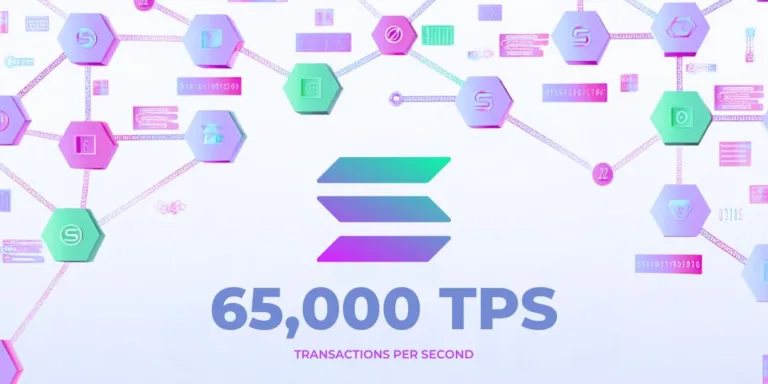Duncan Okindo says he was lured to Southeast Asia last year by the promise of a customer service job in Thailand. Instead, he ended up spending four months in a scam compound on the Myanmar-Thai border, where he saw firsthand how criminal groups are using artificial intelligence (AI) to scale up fraud.
Okindo, 26, says he was struggling to find a job as the breadwinner for his family in his native Kenya when a local recruitment agency promised him work in Bangkok. The flight was his first trip overseas. On landing, he says, he was abducted at the airport and spirited across the border, into the notorious KK Park complex, guarded by heavily armed men and fortified “like it was meant for war.”
The facility where Okindo was held was typical of the region’s scam compounds – complexes largely run by gangs and designed for fraud, where criminals target victims across the globe. He says he worked in a large room with hundreds of other forced laborers, all logged into desktop computers. Many used a free version of ChatGPT to craft messages designed to trick Americans into making bogus cryptocurrency investments, he told Reuters. Such schemes are known as pig-butchering, in which scammers meticulously cultivate victims’ trust before stealing their money.
Reuters couldn’t independently verify the full details of Okindo’s account. But a representative of HAART Kenya, an anti-trafficking group involved in his rescue, confirmed he was among several Kenyans freed from scam compounds earlier this year. The outlines of Okindo’s story also conformed with those of about a dozen other forced laborers Reuters has interviewed.
Scam targeted U.S. real estate agents
The scam on which Okindo worked involved targeting U.S. real estate agents. He said he trawled property websites where agents run ads offering their services, including Zillow.com, to find potential victims – referred to as “clients.” He would reach out in the guise of a wealthy investor, approaching dozens each week.
Zillow declined to comment.
ChatGPT owner OpenAI said it “actively works to identify and disrupt scam-related misuse of ChatGPT.” The AI’s underlying model refuses requests that break OpenAI’s anti-fraud rules, it added, and company investigators watch for abuses and cut off violators. OpenAI declined to comment further on Okindo’s account.
The goal, set by the bosses, was to convince at least two real estate agents a day to deposit money for non-existent investments, while always communicating with at least 10 “clients.” The deposits ultimately were stolen by the scam operation.

Okindo said ChatGPT was “the most-used AI tool to help scammers do their thing,” enabling him and other workers to pose naturally as Americans, including using local expressions, he said. He impersonated cattle ranchers from Texas and soybean producers from Alabama who, he told his marks, had made big money by investing in cryptocurrency.
“You need to feel familiar,” he said. “If you miss any point, the realtor will know that you are a scam.”
Okindo said he also used ChatGPT to do research on the fly. When his realtor targets quizzed him on crypto or asked about the housing market in various U.S. communities, he copied their questions into the chatbot to generate credible responses.
The bosses provided scripts outlining day-by-day how the scam should unfold over a week – including when to discuss properties or bring up crypto. The digital currency is the preferred medium of the region’s scam artists, as it’s easy to move around and cash out through dodgy crypto exchanges.
ChatGPT used in ‘romance scams’
The basic tactic: get the victim to open a crypto account, then have them deposit hard currency into what appeared to be a trading platform – but was actually an account belonging to the scammers. Okindo said he used ChatGPT to improvise new approaches that were sometimes so effective, they could even lure past fraud victims into losing more money.
The bosses punished workers who didn’t meet the targets, Okindo said, humiliating them, beating them and shocking them with electric batons. When there was a big win, he said, the bosses ordered workers to pound drums in celebration.
Okindo said his dignity was reduced “to ashes.” He managed to leave the compound in April after Thailand cut off electricity to KK Park and other scam compounds and forced his captors to release some of the workers. Since returning to Kenya, he said, he has faced stigma and financial difficulties. He is fearful of local people he believes are affiliated with the Southeast Asia-based cartels and says he has received threatening phone calls.
Reuters also spoke to two Burmese men who described using ChatGPT in other scam compounds. Both requested anonymity.
One was forced to work as a scammer in 2022. He said the public release of the first model of ChatGPT that year transformed his job.
He specialized in so-called romance scams, in which he charmed victims into losing their money. With ChatGPT, he said, he could woo dozens of targets simultaneously with AI-generated poems and flirtatious messages. The bot’s persuasive writing lent his patter a credibility that made the victims “trust more in us.”
“It was really efficient, working with the AI,” the man said.












